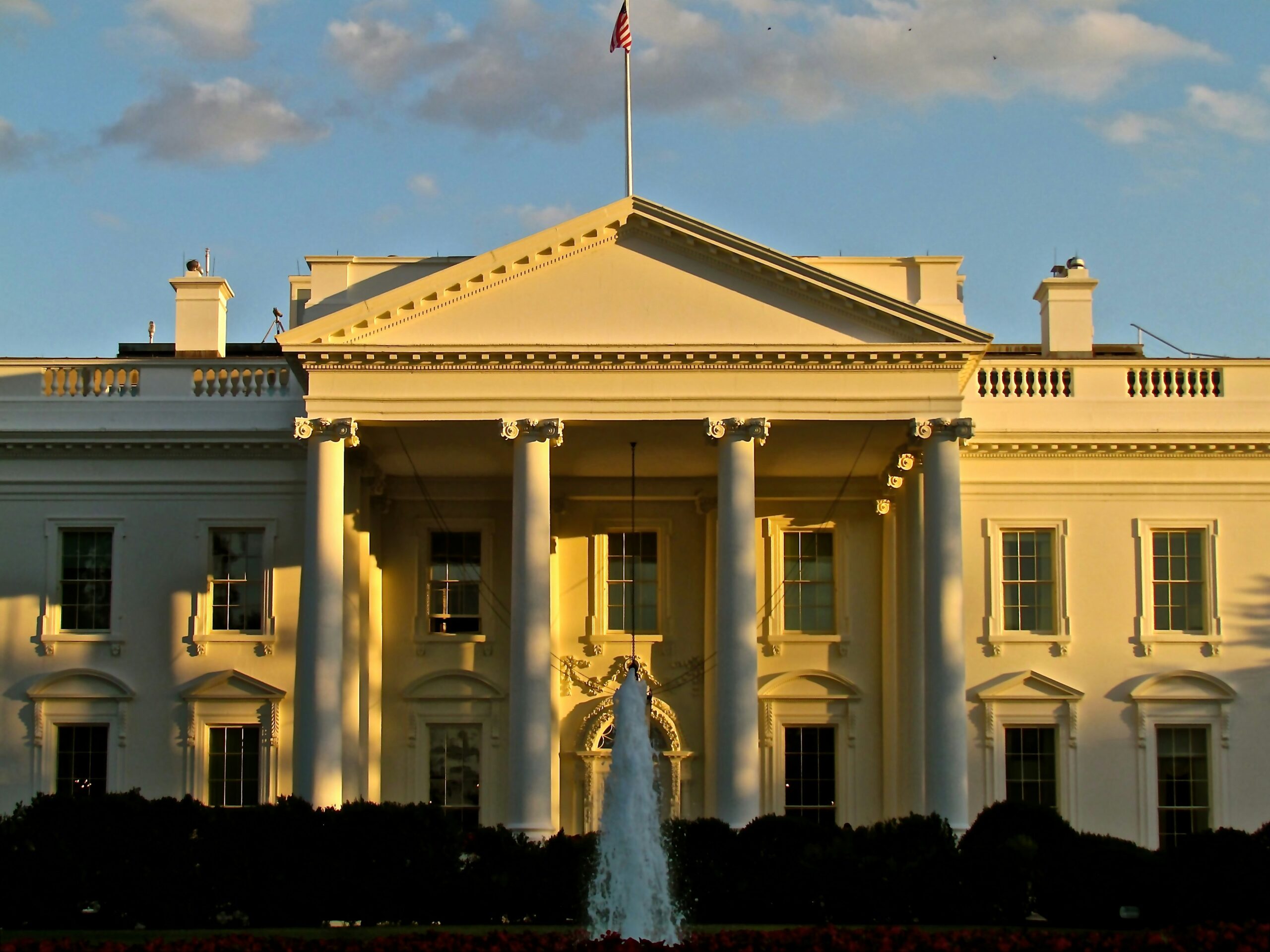Certain cases must be tried to a judge without a jury, but a defendant has a constitutional right (usually!) to a jury trial. It’s not always the right choice, however, depending on (a) the nature of the allegations, (b) the infamy of the defendant, and/or (c) the financial burdens of preparing for a jury trial.
Problem
In one of the surest first signs that a company is succeeding, the clients were sued by a former partner in state court. This former partner, the plaintiff, sought damages for allegedly withheld partnership distributions and also an injunction preventing any further distributions until the case was resolved.
Although he was represented by experienced counsel, the plaintiff oddly did not request a jury—a standard request made at the outset of a case. Upon interviewing the defendant client, counsel learned that the plaintiff was under investigation for fraud by two different state agencies and that, according to industry sources, he was likely to be formally charged within the next 90 days. It seemed as though the client might want to capitalize on any publicity that might result from the investigation and indictment. (Mere charges of fraud would not be admissible evidence on the plaintiff’s credibility.) To do so, one tactic would be to request a jury.
As experienced trial lawyers know, there is a significant difference between the way a jury decides the facts of a case, and the way a judge, without a jury, decides the facts. A defendant in a civil suit has a constitutional right to a jury (although not as to the injunction claim). Jurors—as a general rule, but not always—tend to be swayed more by the emotions of a trial presentation than a judge. They also tend to pick favorites among the witnesses—attractive, well-spoken witnesses are often given more credence than homely or odd-looking witnesses who have distracting speech patterns. Because they are often prevented from hearing portions of the trial that the judge must decide, jurors can develop a hunger for additional, non-evidentiary information. Judges always instruct the jury not to do internet searches of either party, but it is (counsel explained) an open secret that there’s essentially no way for the court to police jurors’ internet activity.
In this case, an internet search on the plaintiff would inevitably bring up numerous articles and sites related to the fraud investigations. Moreover, because of the nature of the investigation, it was entirely likely some jurors might remember press about the plaintiff even without Googling him.
The clients, however, were reluctant to request a jury. First, there was concern that, as the plaintiff’s former partners, the defendants would be seen as guilty of unethical behavior just by virtue of their former relationship to the sleazy plaintiff. Second, there was no guarantee that the investigations or potential charge would stand up. If the plaintiff were completely exonerated, a jury might well remember his situation as one of being abused by the government, making them more sympathetically receptive to his case. Third, there was a significant difference in the cost associated with a jury trial versus a judge-tried case (known as a bench trial). For example, the jury trial would require a round of pre-trial motions, designations of discovery, and the drafting of jury instructions—all of which can involve substantial expense, and none of which would be necessary for a bench trial.
Counsel advised that a jury demand could be entered and, later, withdrawn if so desired. And so a jury demand was filed with the defendants’ answer.
The case proceeded through discovery. Settlement negotiations had stagnated, and eventually the parties were on the cusp of trial. The government was still investigating the plaintiff, but the case had fallen out of the press and no charges had yet been issued. It seemed unlikely they would issue before the conclusion of the trial. Neither side’s witnesses held a clear appearance advantage over the other side’s.
Solution
The added expense of the jury decision proved to be the deciding factor—in favor of keeping it.
Counsel observed that the plaintiff, who had not had the benefit of the income supported by the rising business success of the clients, was probably not as well-resourced as they were. Moreover, the legal expenses for the government investigations had almost certainly pushed him to the financial brink. If he were to lose the case outright, he would be left in financial ruins, and potentially even more vulnerable to further governmental action.
Realizing the threat of jury-related expenses could be used as settlement leverage, the clients decided to leave the jury demand in place.
Result
Counsel served an initial round of pre-trial jury compliance on the plaintiff’s attorney slightly before the due date, along with a settlement offer calculated to cause the plaintiff significant pause if, indeed, he was in desperate straits.
He was. The case settled for significantly less than the plaintiff was seeking, and the client ultimately did not have to bear the full cost of jury-trial related preparations.
Lesson Learned
Each factor of the judge-or-jury trial decision—the nature of the allegations, the infamy of the parties, the difference in witness’s appearances, and the financial burdens of preparing for a jury trial—have a positive and a negative side. Here, the apparently negative side of the financial burden was used as a tool to bring the matter to an advantageous conclusion.
________________________
Author:





